How do you read the allegations in the video?
Ensures a post is a feature. Image must be used. Will display an author/biog. Must be selected.
Once featured, will display on home new section (if one of five recent features).
Will display under species category Feature spot, if most recent. Otherwise, will display underneath alongside all other news/feature content.
How do you read the allegations in the video?
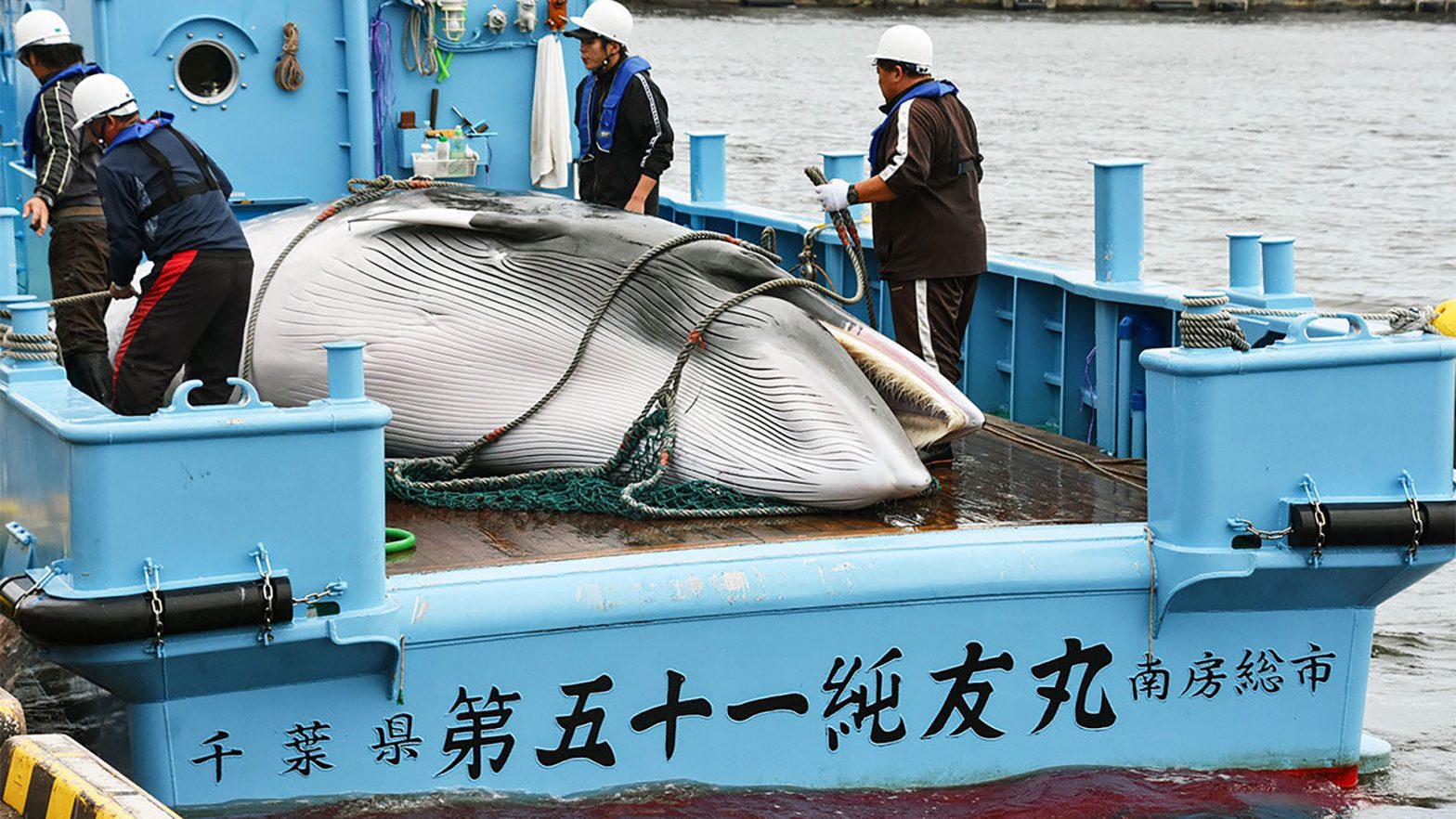
Towards the Sustainable Use of Aquatic Living Resources Prologue On 1 July 2019, five small-type whaling vessels left the port of Kushiro and one factory-ship whaling fleet left the port of Shimonoseki. It was the resumption of commercial whaling after the suspension for practically 32 years. In the case of the small-type whaling operating mostly… Continue reading The Dawn of the New Whaling
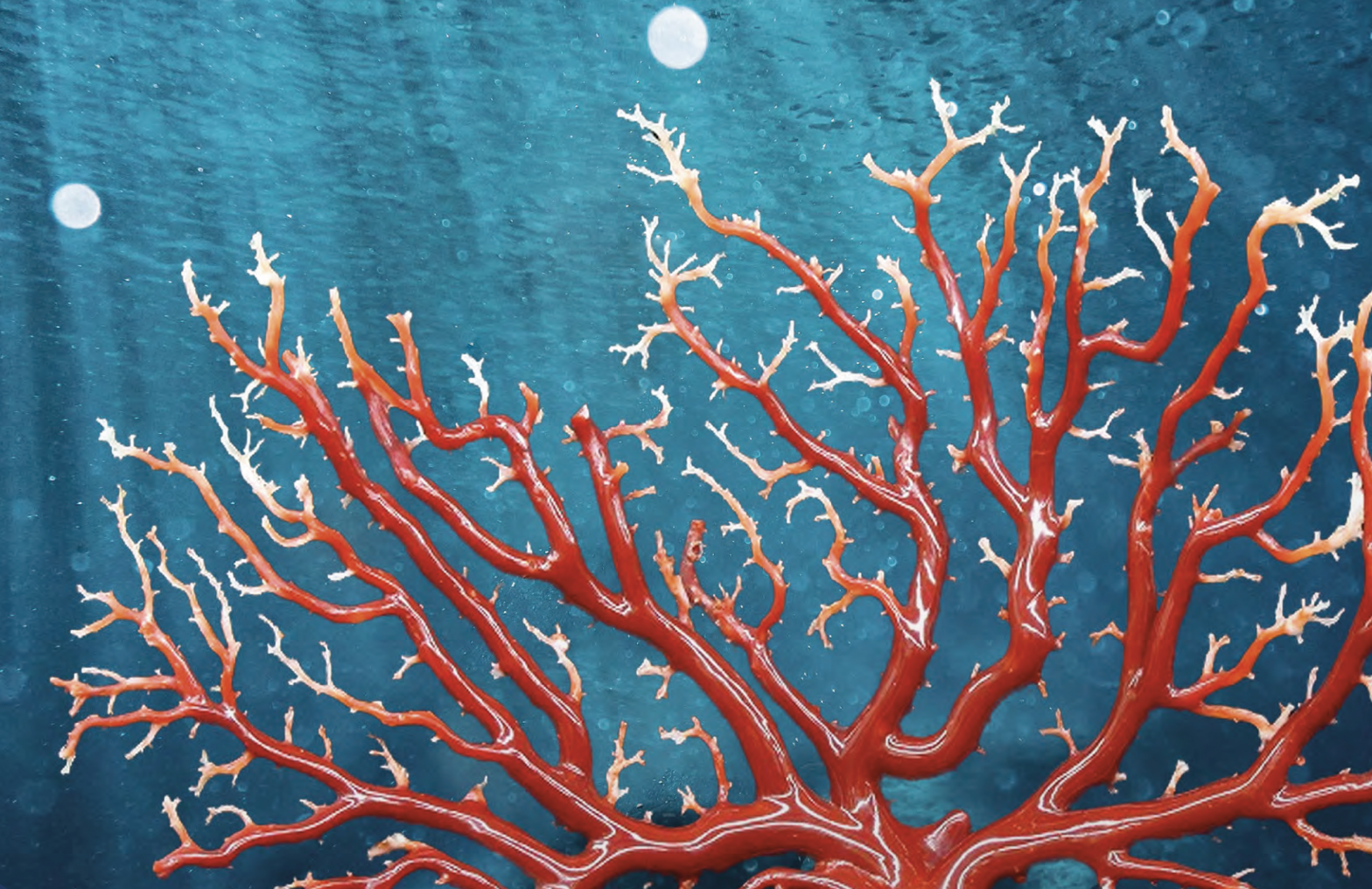
Report on the Transplantation Project of Precious Corals in Japan SUMMARY In response to growing evidence of the effects of climate change and to address the increasing demand for better management of the harvesting and conservation of precious corals around the world, this report takes a look at efforts being made in respect of precious… Continue reading PRECIOUS CORAL SUSTAINABILITY
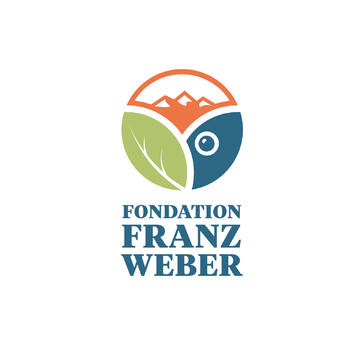
From 1990 until 2015, Franz Weber Foundation (FFW) managed the Fazao-Malfakassa National Park in Togo, which was, according to an in-depth investigation by Duke University, ‘established by forcing the local communities off their land and without taking into consideration their point of view’. That same study cited convincing evidence from reports published in 1990, confirming that competition for land use was already ‘creating conflict between the local communities and park managers’. In 2015 Togo refused to renew FFW’s contract because, the report says, ‘local communities were still excluded from the management of the natural resources of their land’ and FFW had ‘failed to fulfil its contract’. Franz Weber Foundation plays a major role within CITES because it funds and manages from Switzerland the African Elephant Coalition (AEC), which represents 32 African range states, some of which have barely any elephants and others none at all. Contrary to the wishes of the range states in Southern Africa, which manage most of the world’s wild elephant populations, the AEC at CITES’ CoPs repeatedly tables proposals to put all of the world’s elephants in appendix I. And the AEC uses its voting power to keep in place prohibitions on ivory sales and all other trade in elephant-related derivatives, including skins and hair, which Southern African nations wish to legalise.
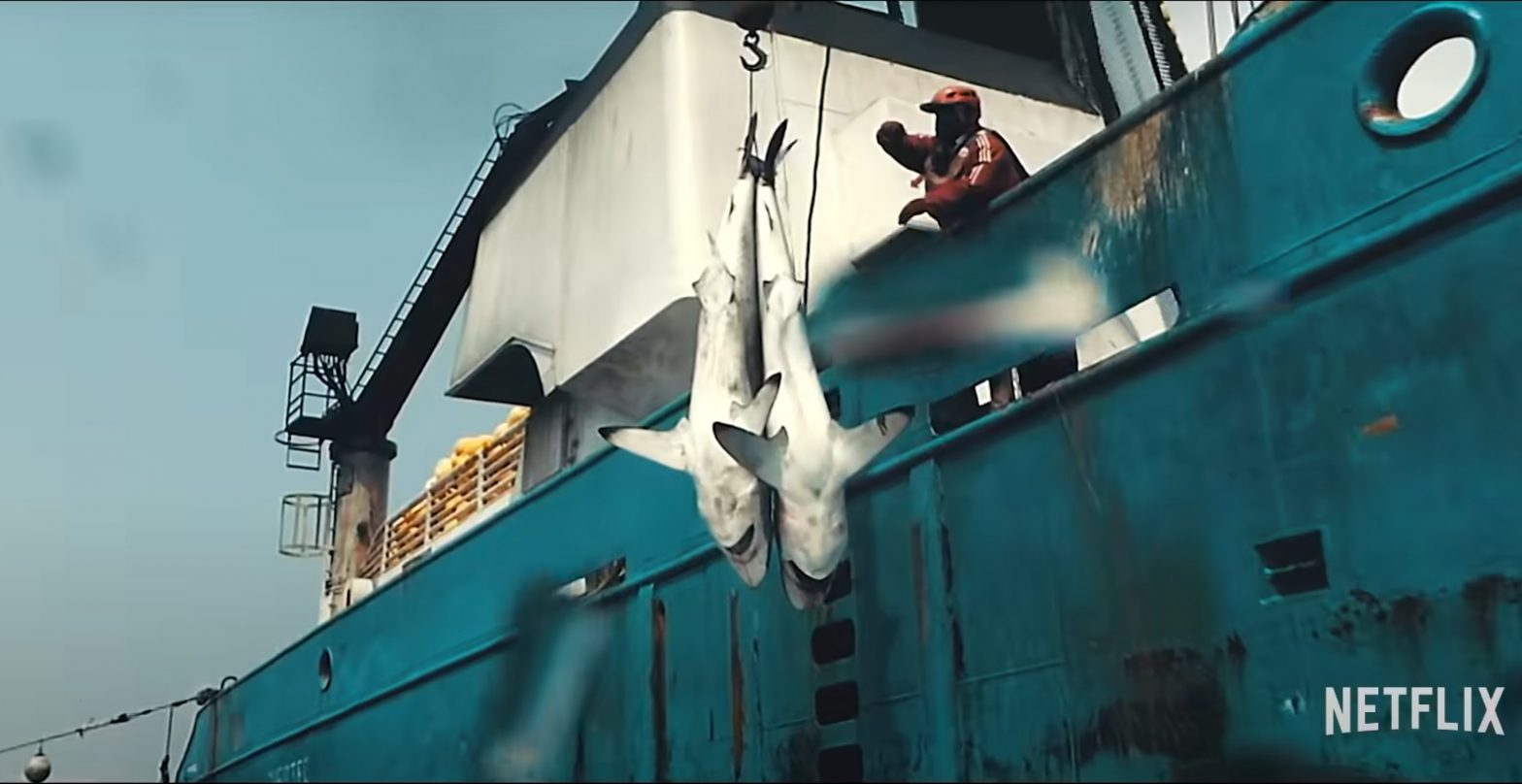
Originally published in Sustainable Fisheries. Author Emily De Sousa The talk of the ocean world is Seaspiracy, a Netflix Original film produced by the same team responsible for Cowspiracy and What the Health. Like those two previous films, Seaspiracy is full of misinformation and has been panned by actual experts. Others have already addressed the racist and xenophobic undertones of the… Continue reading The science of Seaspiracy
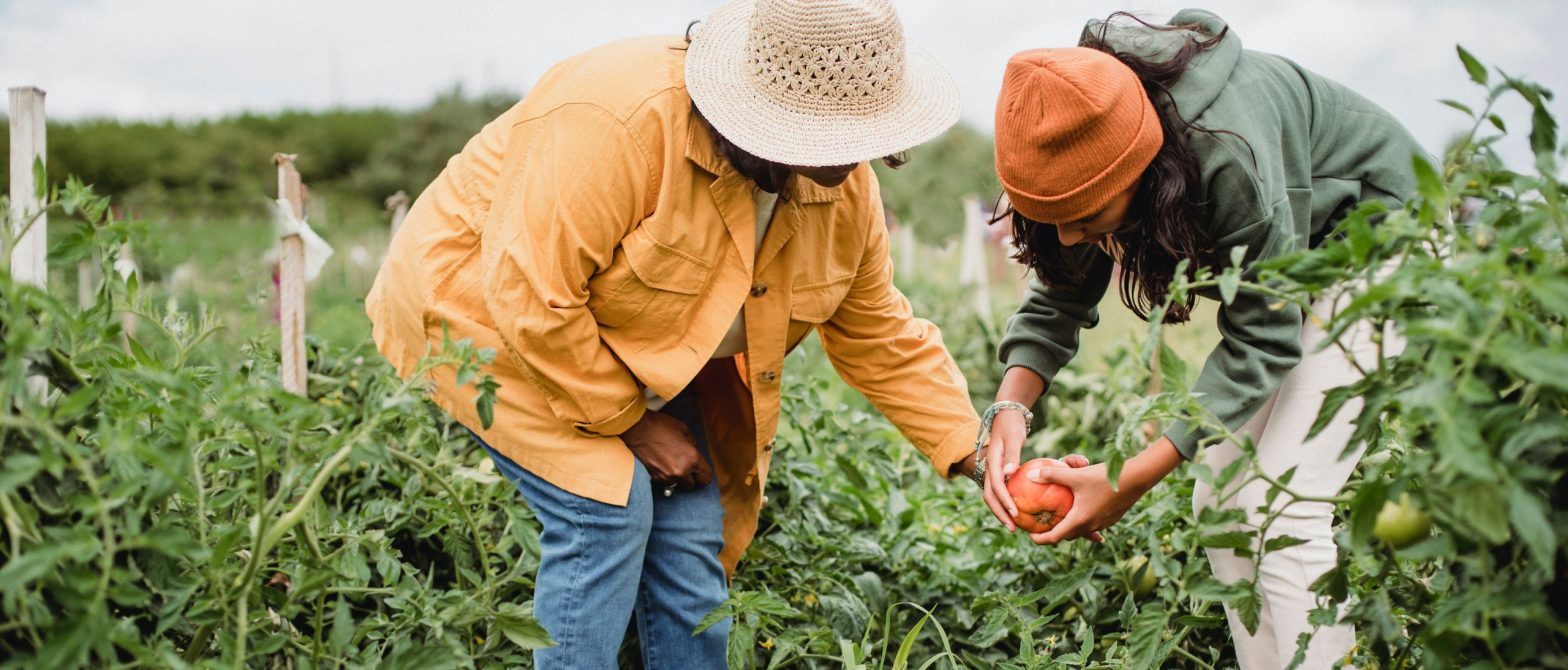
By Tony Marsh. Toronto, Canada. Although living in Canada, I was born and raised in Africa and have travelled extensively all over that continent. Africa is very much part of who I am and I go back frequently , almost exclusively to the “wild places” that I find so good for my soul. The continent… Continue reading The “Cow and the Plow” versus Wildlife conservation in Africa.
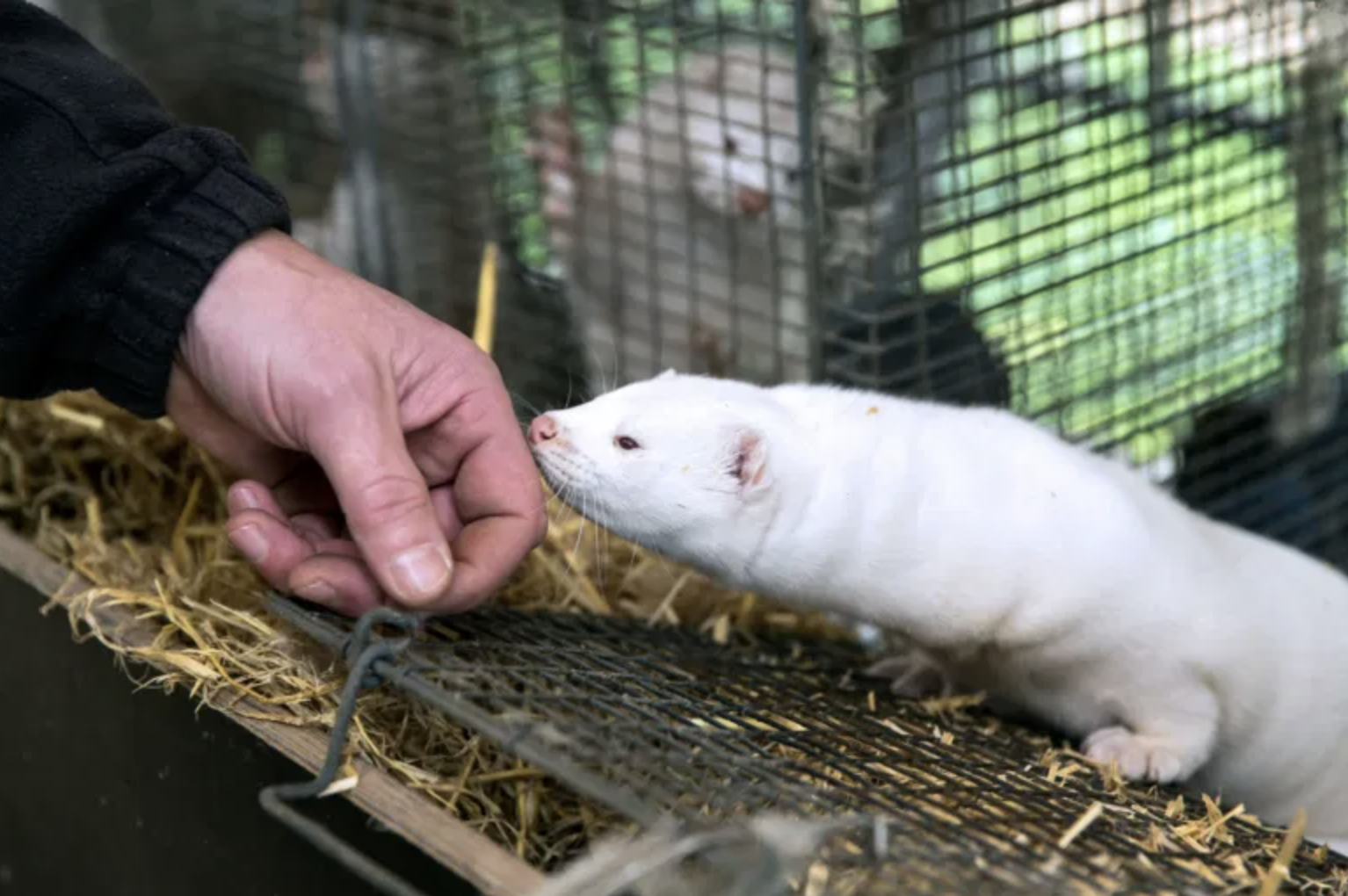
By Matt Moses, president, Canada. Originally published on Mink Breeders Association. The following letter was first published by Powell River Peak in response to the January 30 article “David Suzuki and scientists call on government to end fur farming in Canada”. David Suzuki styles himself as an environmentalist, so it issurprising he recently sent a… Continue reading David Suzuki Got It Wrong: Mink Farming Makes Sense
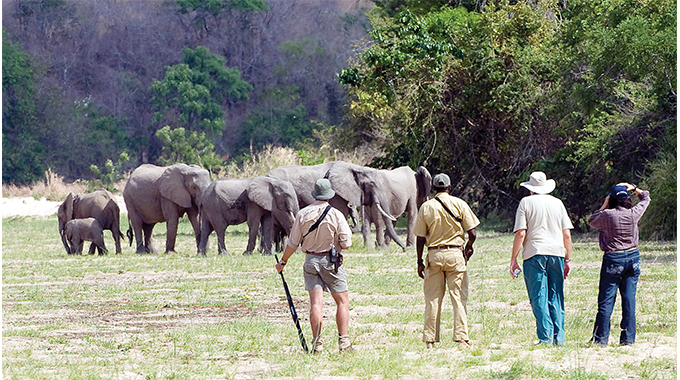
By Emmanuel Koro. Originally published in The Chronicle. It’s perhaps Africa’s most unique country where the adrenaline seeking international hunters, worldwide are going to hunt despite the Covid-19 pandemic travel bans. They go there not only for the rare hunting experience but crucially to pay hunting fees that benefit both conservation and rural communities co-existing… Continue reading Where international hunters go despite Covid-19 travel bans
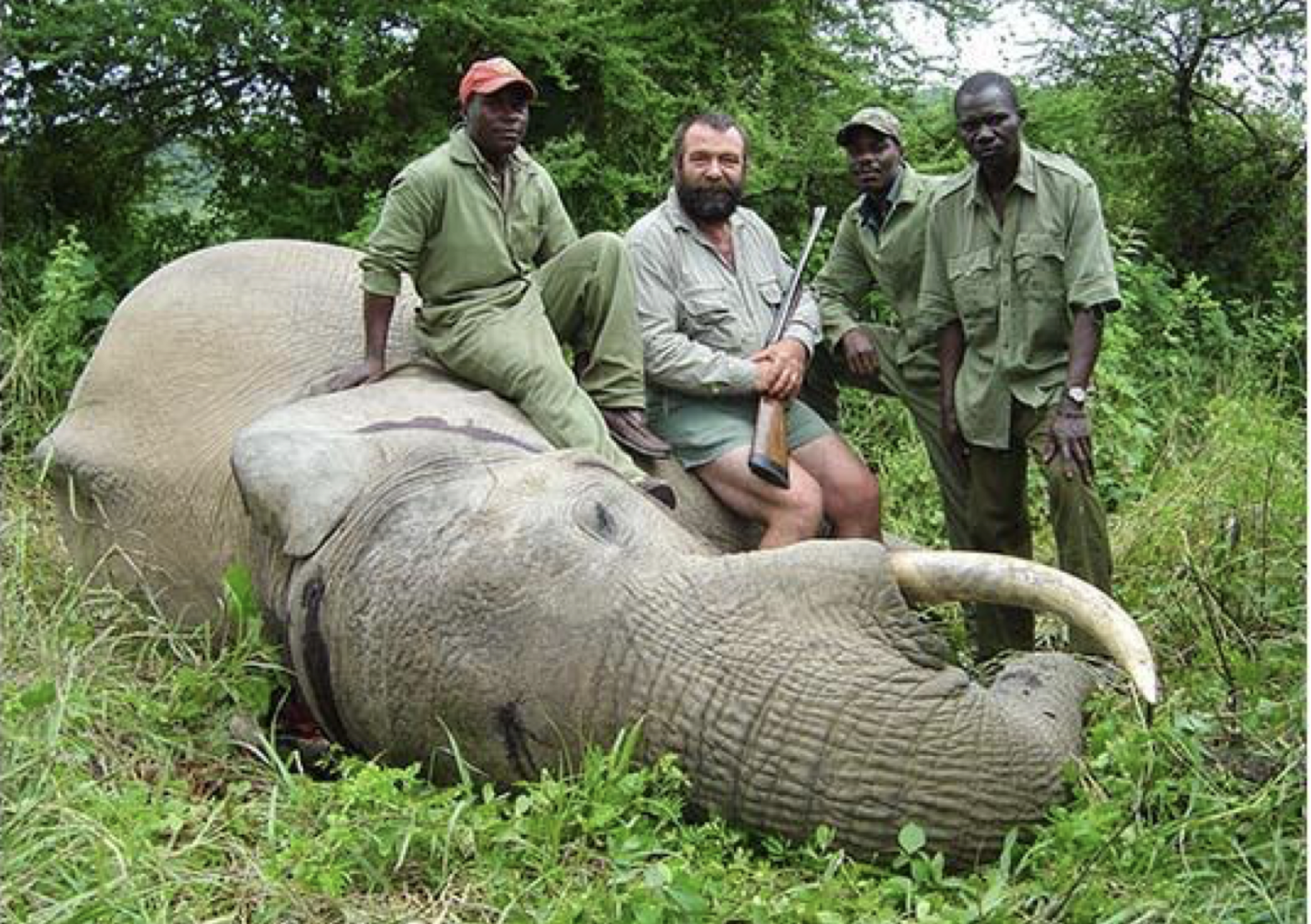
By Emmanuel Koro. Originally published in The Chronicle. Wildlife hunting is increasingly becoming the main “driver” for not only socio-economic development but also for wildlife and wildlife habitat conservation in southern African communities that co-exist with wildlife. When a group of Sadc journalists went on a study tour to Mozambique’s Tete Province- based Tchuma Tchato… Continue reading Moza community’s hunting revenue-powered development
By CYRIL RAMAPHOSA. In November 2020 the activist group People for the Ethical Treatment of Animals (PETA) released what it claimed was an expose detailing the involvement of Phala Phala Wildlife in the trophy hunting industry. By virtue of my ownership of Phala Phala Wildlife, PETA sought to generate negative publicity for and cause embarrassment… Continue reading HUNTING INDUSTRY KEY TO ECONOMIC GROWTH AND TRANSFORMATION